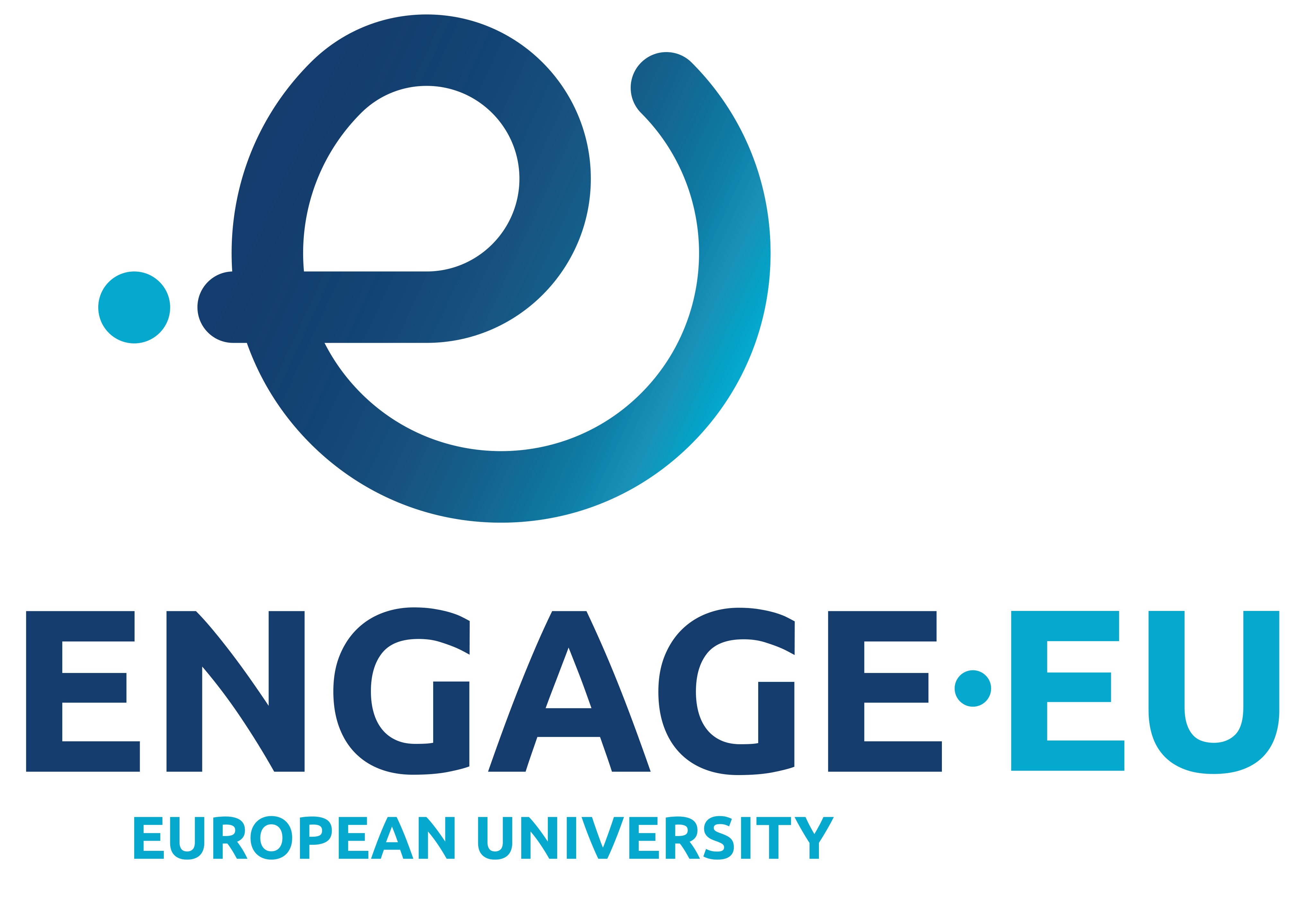Courses
Courses
EDUCATIONAL PROGRAM cycle XL – A.A. 2024/2025
Disciplinary Areas
The Ph.D. holds an interdisciplinary character and covers the following scientific-disciplinary areas:
IUS/01 – Private Law
IUS/02 – Comparative private law
IUS/04 – Commercial law
IUS/05 – Economic Law
IUS/07 – Labor law
IUS/08 – Constitutional law
IUS/09 – Institutions of public law
IUS/10 – Administrative law
IUS/12 – Tax law
IUS/13 – International law
IUS/14 – Law of the European Union
IUS/15 – Civil procedural law
IUS/16 – Criminal procedural law
IUS/17 – Criminal law
IUS/20 – Philosophy of law
IUS/21 – Comparative public law
Program structure
The PhD in Law and Business is a three-year program designed to provide students with advanced training in all major areas of law through interdisciplinary thematic modules. Its goal is to equip students with the necessary skills to pursue an academic or professional career in universities, public and private research institutes, law firms, public administrations, national or international companies, and European authorities. The program offers a structured curriculum focusing on current topics such as artificial intelligence and criminal law, fintech and law, sustainable finance, data protection and new technologies, AI, legal science methodology and research, blockchain and financial flows, compliance, cooperative tax compliance and tax competition, EU internal market, market and public regulation, international arbitration, environmental sustainability, and corporate social responsibility.
The three semesters of instruction will include differentiated training and research activities: the first semester will mainly focus on scientific research methodology; the second on advanced training activities in relevant doctoral subjects; the third will offer, in addition to traditional training activities (lectures), the opportunity to pursue a customized path from one of the specially designed curricula. The fourth semester will be dedicated to a research period of approximately 6-9 months at foreign universities or institutions, with the possibility of thesis co-supervision. During the final year, the doctoral candidate will complete the final draft of the dissertation, involving discussions with the supervisor and co-supervisor to monitor progress in writing the doctoral thesis.
For details: Handbook PhD Law and Business AY 2023-2024.
Program Goals
The educational objective of the PhD program is to provide an advanced course of study that combines theoretical and practical profiles of legal and regulatory issues affecting markets and enterprises, from national, European, international, and comparative perspectives. The program focuses on analyzing theoretical reference models and solving practical cases.
Furthermore, the PhD program aims to meet the demand for highly qualified professional figures by enabling doctoral candidates to achieve a notable level of scientific autonomy and research capabilities, accompanied by adequate critical and analytical skills. Thus, doctoral candidates should be capable of interdisciplinary investigation and in-depth exploration of both theoretical and empirical research topics within the scope of the PhD program.
| LAW & BUSINESS | |||
| Cycle XL | |||
| FIRST YEAR – A.Y. 2024/2025 | |||
| Term I – September 2024/February 2025 | |||
| n. | Course | Hrs | CFU |
| 1 | Metodologia della scienza giuridica | 16 | 4 |
| 2 | Metodologia della ricerca scientifica (analisi quantitativa e qualitativa) | 12 | 3 |
| 3 | Filosofia della scienza | 8 | 2 |
| 4 | Research design e impostazione di una domanda di ricerca | 16 | 4 |
| 5 | Corso di scrittura giuridica e presentazione di un progetto di ricerca | 8 | 2 |
| Other activities | |||
| 6 | Gruppi di lettura | 12 | 3 |
| 7 | Deontologia della ricerca scientifica | 4 | 1 |
| 8 | Laboratorio di comunicazione scientifica | 4 | 1 |
| 20 | |||
| Term II – March/July 2025 | |||
| n. | Course | Ore | CFU |
| 9 | Artificial Intelligence and the Law | 20 | 5 |
| 10 | Environment, sustainability and responsible business conduct | 16 | 4 |
| 11 | Regulatory compliance and companies liability | 16 | 4 |
| 12 | Market and Competition | 16 | 4 |
| 13 | Multilevel regulation in public policies | 20 | 5 |
| 14 | Alternative Justice and Pretrial Sentencing | 16 | 4 |
| 15 | Legal English | 12 | 3 |
| Other activities | |||
| 16 | Diversity, inclusion and gender equality | 6 | 1 |
| 17 | Introduction to teaching | 8 | 2 |
| 18 | Laboratorio di project management | 8 | 2 |
| 19 | Digital transformation | 8 | 2 |
| 20 | Academic job market | 4 | 1 |
| 21 | Phd Workshop and research seminars | 14 | 3 |
| 40 | |||
| SECOND YEAR – A.Y. 2025/2026 | |||
| Term I – September 2025/February 2026 | |||
| Ore | CFU | ||
| 22 | Law, new technologies and innovation (Filosofia del diritto,diritto costituzionale, diritto penale, diritto privato e dell’economia, diritto commerciale, diritto del lavoro, diritto internazionale ed UE, procedura civile e penale) | 60 | 15 |
| 24 | Market, Regulation and Compliance (diritto costituzionale, diritto amministrativo, diritto pubblico e privato comparato, diritto UE, diritto internazionale, diritto del lavoro, procedura civile e penale, diritto commerciale, diritto tributario, diritto penale, diritto dell’economia) | 60 | 15 |
| 26 | Legal English | 12 | 3 |
| Other activities | |||
| 27 | Phd Workshop and research seminars | 24 | 6 |
| 28 | Gruppi di lettura | 12 | 3 |
| 29 | Laboratorio di soft skills (proprietà intellettuale, big data, imprenditorialità, etica della ricerca) |
10 | 2 |
| 30 | Attività redazionale in Luiss Law Review | 4 | 1 |
| 30 | |||
| Term II – March/July 2026 | |||
| 31 | Programmazione e stesura della tesi di dottorato | / | 24 |
| 32 | Attività redazionale in Luiss Law Review | 4 | 1 |
| 33 | Research Seminars and Phd Workshop | 20 | 5 |
| 30 | |||
| THIRD YEAR – A.Y. 2026/2027 | |||
| Term I – September 2026/February 2027 | |||
| 34 | Gruppi di lettura | 12 | 3 |
| 35 | Phd Workshop and research seminars | 8 | 2 |
| 36 | Laboratorio di soft skills (proprietà intellettuale, big data, imprenditorialità, etica della ricerca) |
4 | 1 |
| 37 | Thesis drafting | / | 24 |
| 30 | |||
| Term II – March/July 2027 | |||
| 38 | Altre attività e Final Thesis | 30 | |
| Totale | 180 | ||



